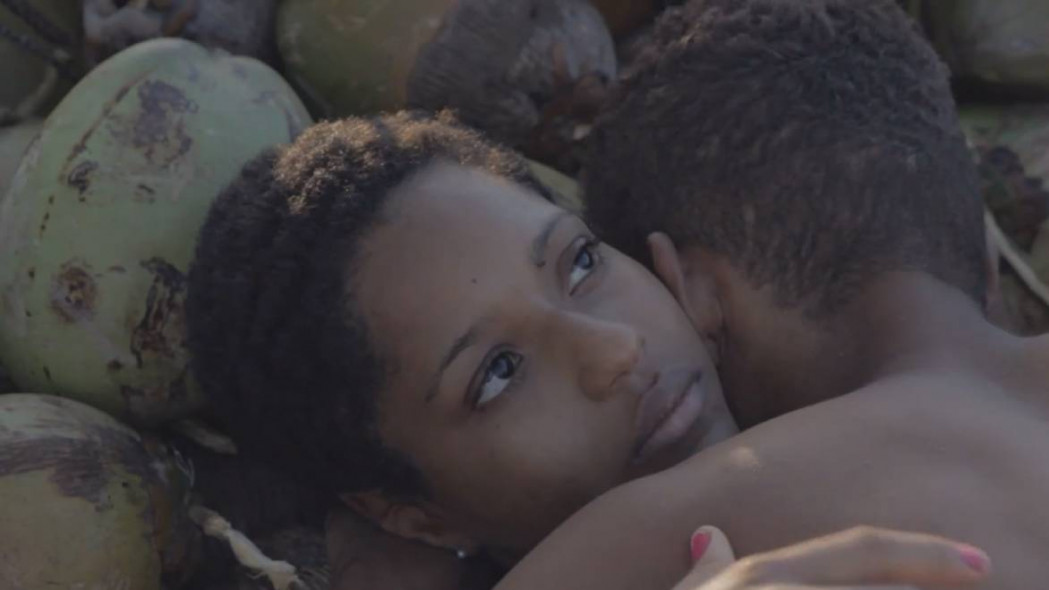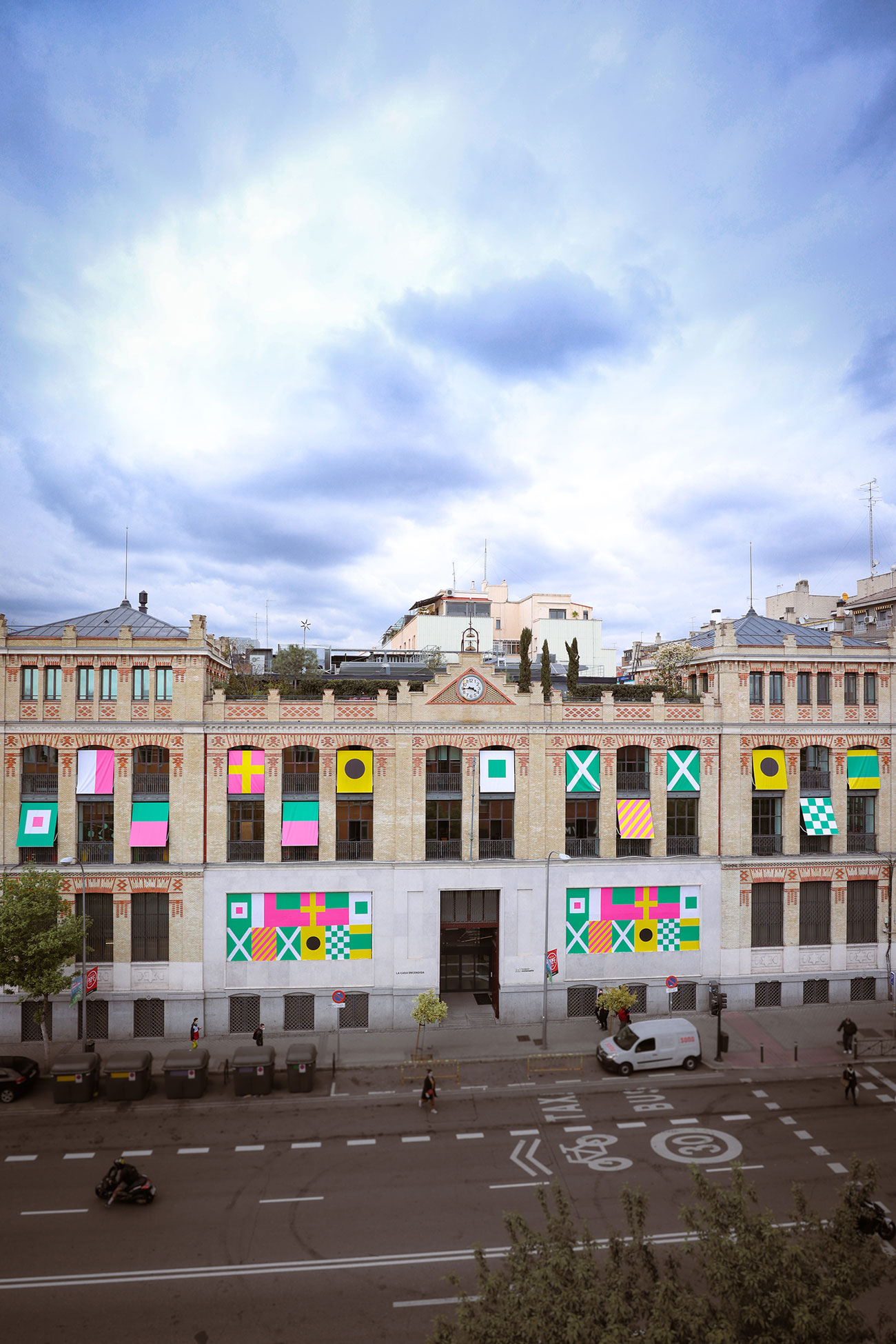Gabriel Mascaro: The Poetics of Bodies

This cycle dedicated to the films of one of the leading lights of new Brazilian cinema is divided into the two phases of his work: the first one focuses on documentaries about urban inequalities and the second one examines the situation of contemporary Brazil through fiction.
Gabriel Mascaro's work is characterised by a critical interpretation of contemporary society in which he analyses the social reality of Brazil and investigates the relations between micropolitics and daily life. His films evidence a special talent for creating evocative images and visually powerful atmospheres that capture the force and carnality of the human body in relation to desire and the local milieu. His work has evolved from a distinctly realistic portrait of society to a more lyrical, fragmented and even dystopian approach.
A visual artist and film-maker, Gabriel Mascaro is one of the most prestigious Brazilian directors working today. He was born in Recife in 1983 and studied social communication at the Federal University of Pernambuco. He started making films in 2008, initially in the documentary field with titles like Um lugar ao sol [High-Rise] (2009), Avenida Brasília Formosa (2010) and Doméstica [Housemaids] (2012). That same year, 2012, he also made the video art piece EBB AND FLOW (A Onda Trás o Vento Leva), which was exhibited at La Casa Encendida.
In 2014 he released his first fiction feature film, Ventos de agosto [August Winds], following it up with Boi Neon [Neon Bull] (2015) and Divino amor [Divine Love] (2019). All of them have an impressive track record in terms of international festivals, with screenings at Sundance, Berlinale, San Sebastián, BFI London, IndieLisboa and BAFICI, and have received more than 30 international distinctions, including awards at Venice, Locarno, Toronto and Mar del Plata.
The cycle is completed with a live online meeting between Gabriel Mascaro and Andrea Franco, which takes place on March 18 at 6:00 p.m. It will be broadcast from the Zoom platform and, to participate, it is necessary to register.
Andrea Franco has a bachelor's degree in journalism and a master's degree in film theory and history, and she obtained a cum laude mention for her doctoral thesis examining the city and urban space through contemporary Latin American cinema. She programmes film cycles for festivals, film archives, art centres and digital platforms, and she has curated shows and retrospectives on the intersection of film and other arts, including the ones dedicated to Gordon Matta-Clark, Jonas Mekas, Jeannette Muñoz, and Camilo Restrepo & L'Abominable, and the film showcase at the Latin American Biennial of Architecture and Urbanism. She contributes regularly to magazines like Transit and Cine y otros Desvíos, as well as to La Furia Umana, which she also co-publishes. She is the author of the book Iberoamérica Urbana. Itinerarios por un cine desencantado (2018).
